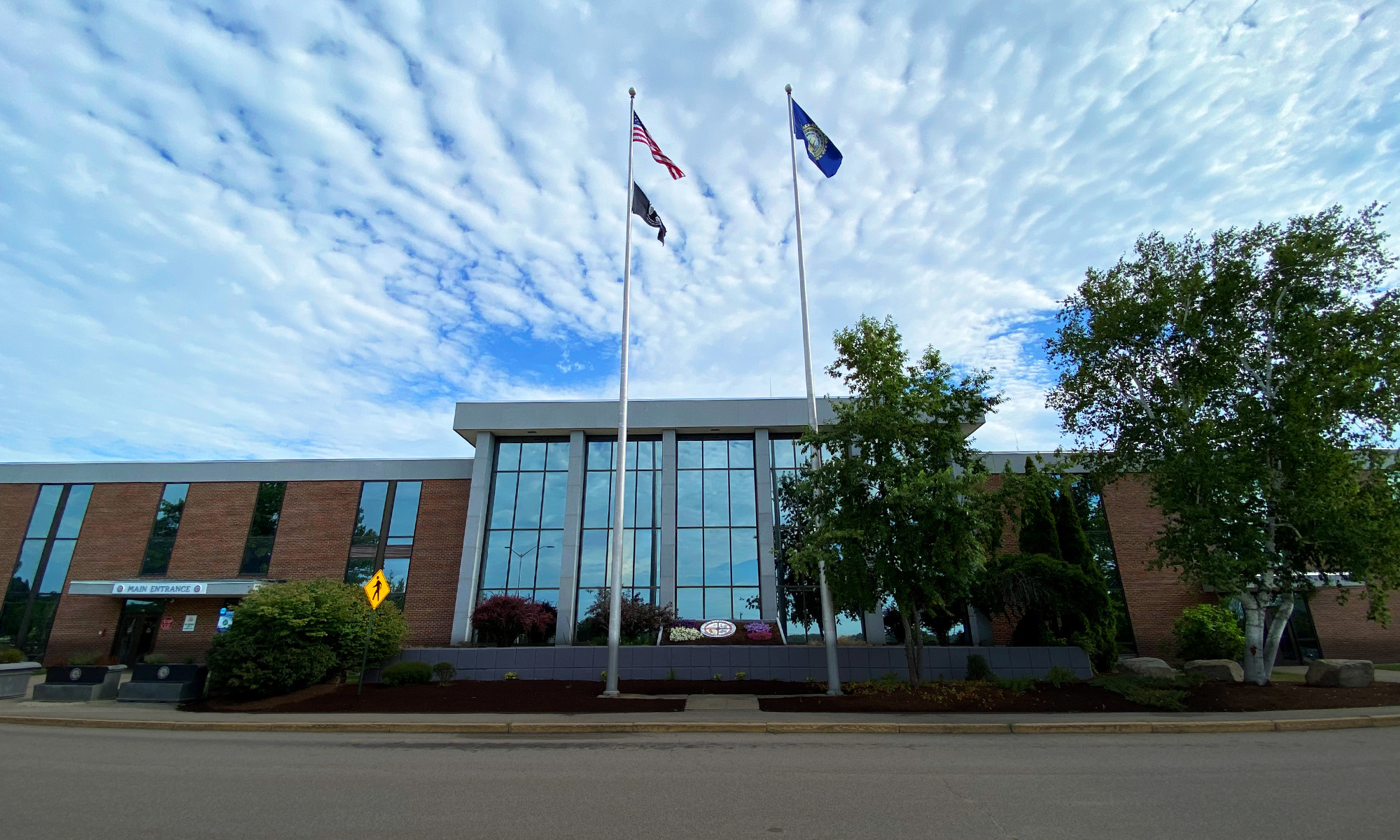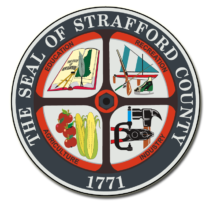- What is a forensic interview?
Whether you are the victim or a witness of a crime, your participation in the interview process is an important piece of the criminal investigation. Your interview at the County Attorney’s Office serves as your statement to the police. Forensic interviews are legally sound because the interviewer remains neutral, while asking non-leading questions. Forensic interviews usually last for 1-2 hours, but this can vary case-to-case.
- Who will be interviewing me?
You will be interviewed by a certified forensic interviewer from the Child Advocacy Center. These individuals are trained interviewers and have conducted thousands of interviews with victims and witnesses of all ages. A detective from the corresponding police department will be present for your interview and will be able to observe the interview in a nearby room.
- What should I be expected to know during the interview?
Your only responsibility is to participate in a conversation with the interviewer and to answer all of the questions truthfully and completely. You may be asked to answer questions of an embarrassing or personal nature. If this happens, it is because your answer would be important, not to cause you distress. If you are asked a question that you do not understand, always feel free to tell the interviewer.
- Why are forensic interviews videotaped and who can view them?
All interviews done at the Child Advocacy Center are videotaped, which has been protocol for over two decades. This helps to ensure an accurate representation of what you have said and the questions you were asked. The DVD recordings are not copied and are the property of the County Attorney’s Office, but an audio copy is provided to the detective. If a criminal charge is brought following the investigation, only parties related to the case may view the statement (defendant, attorneys, you, etc.). Family members and other witnesses are not permitted to view the recording. This helps to protect the integrity of the evidence.
- Is anyone allowed to come into the forensic interview with me?
Family, friends and other witnesses are not permitted to be in the interview with you. However, if you have brought an advocate from a support agency whose interactions with you are confidential by law, that person may be with you before and after the interview and may also be available to see you during a break, if necessary.
- Can a forensic interview replace my court-room testimony?
If a criminal charge arises from the investigation, the recorded statement does not take the place of a courtroom testimony. By law, such a practice is not allowed.

